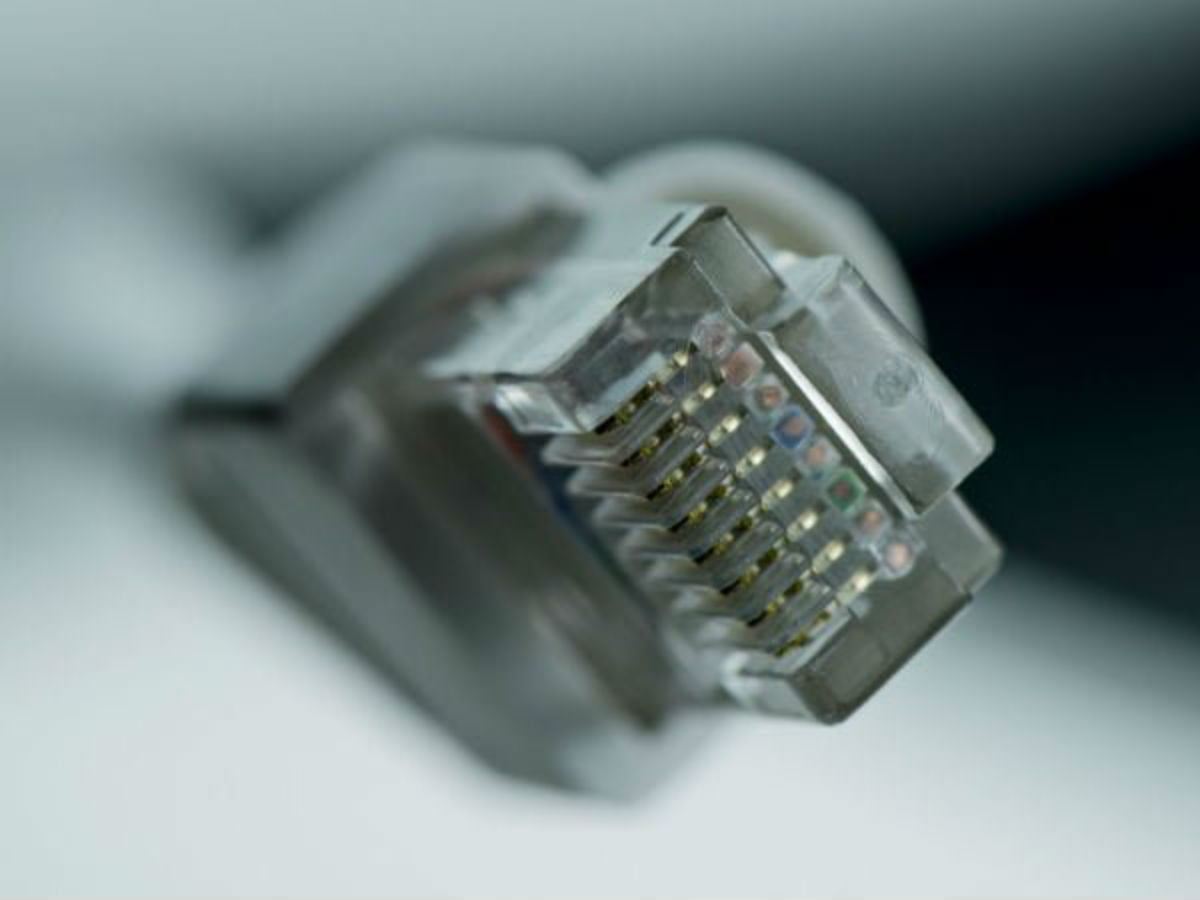India Has Not Witnessed Complete Shutdown
While India has recorded the highest number of internet shutdowns, the report said that the country has not witnessed a complete shutdown. “Quite often, the use of sophisticated technological tools is not necessary as political leaders control major internet service providers (ISPs),” Naomi Hodges, cybersecurity advisor at Surfshark, said in the report. “When the authorities control internet filtering, they can employ any measures, and civil society won’t be able to detect what’s behind the firewall.” The report said that the countries use techniques like IP blocking, DNS poisoning and Deep Packet Inspection (DPI) to create internet shutdowns. The IP blocking is said to be used by authorities to block users from accessing specific sites like Twitter with the government barring access to the IP address of a site’s server. The DPI is said to be an expensive approach where the authorities are said to block users from accessing specific keywords. “Generally, DPI and IP blocking are used in a combination,” Alp Toker, executive director at internet freedom monitor NetBlocks, said in the report. “These tend to be implemented at nation scale although large countries such as India do filter regionally.” The report said that the Indian government targets provincial shutdowns as it seeks to curb popular opinions over its political decisions. Further, the case of internet shutdown in Kashmir Valley since August 4, 2019 was highlighted in the report. The Indian government shut down the internet services in Jammu and Kashmir as it abolished the special status to the former state and bifurcated it into two Union Territories. “More often than not, we have seen at NetBlocks that ISPs are involved, and are compelled by authorities to implement the shutdown, rather than by means of a real-world killswitch on a leader’s desk,” Toker said in the report. The report also highlights that India uses HTTP filtering and DNS poisoning for online censorship. The DNS poisoning is said to be least expensive as the technique focuses on examining and controlling DNS queries. The HTTP filtering is said to cause a search result to fail when a user tries to access a specific URL with sensitive keywords as the firewall blocks content specific queries “In India, the government usually shuts down mobile data and/or broadband or fixed-line connections by giving orders to internet service providers to comply,” Berhan Taye, the Senior Policy Analyst at Access Now, said in the report. “While there were a few incidents of throttling, most network disruptions in India are either complete blackouts or specifically target mobile data or fixed-line connections.”
Internet Service Provides Forced to Comply
Further, the report analyses the internet shutdowns in Venezuela, Iraq, Yemen and Algeria where internet shutdowns are said to be carried out in combination with everlasting online and offline media censorship. The five countries including India are said to use online filtering to restrict the flow of information, however, the degree of censorship is said to vary from country to country. The report also said that the operators in India, Iraq, Venezuela and Yeman are required to shut down access to the internet if legally compelled. “Most internet service providers working in these countries are forced to comply,” Taye said in the report. “Governments tend to justify these shutdowns by claiming they are necessary to restore public order or national security, prevent the spread of fake news or cheating in exams, but in reality, shutdowns are usually ordered to quell protest or gag citizens.”
